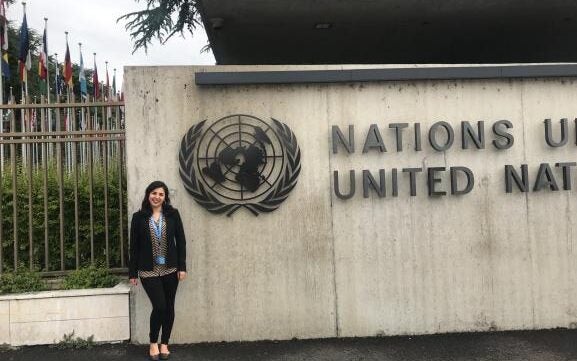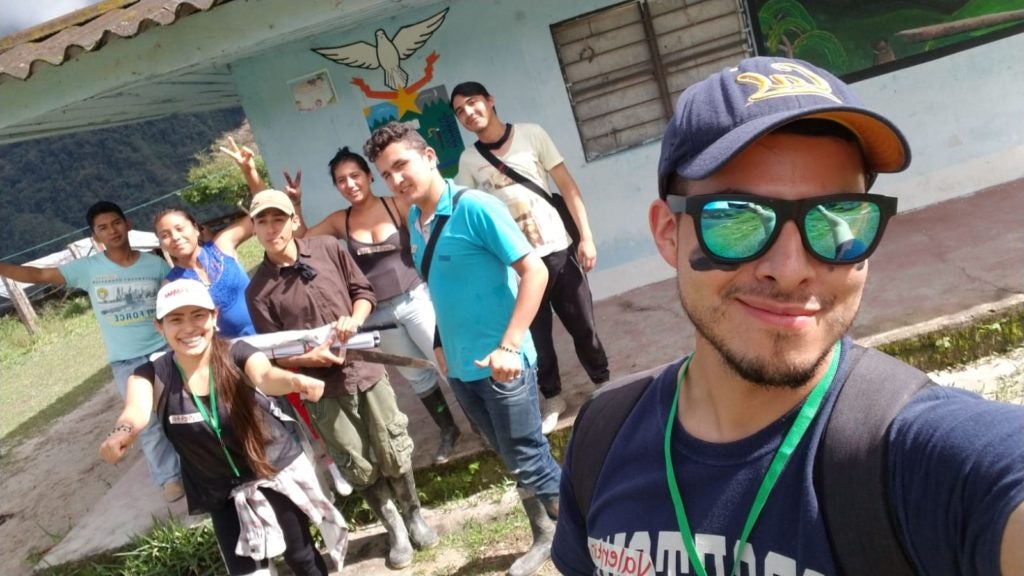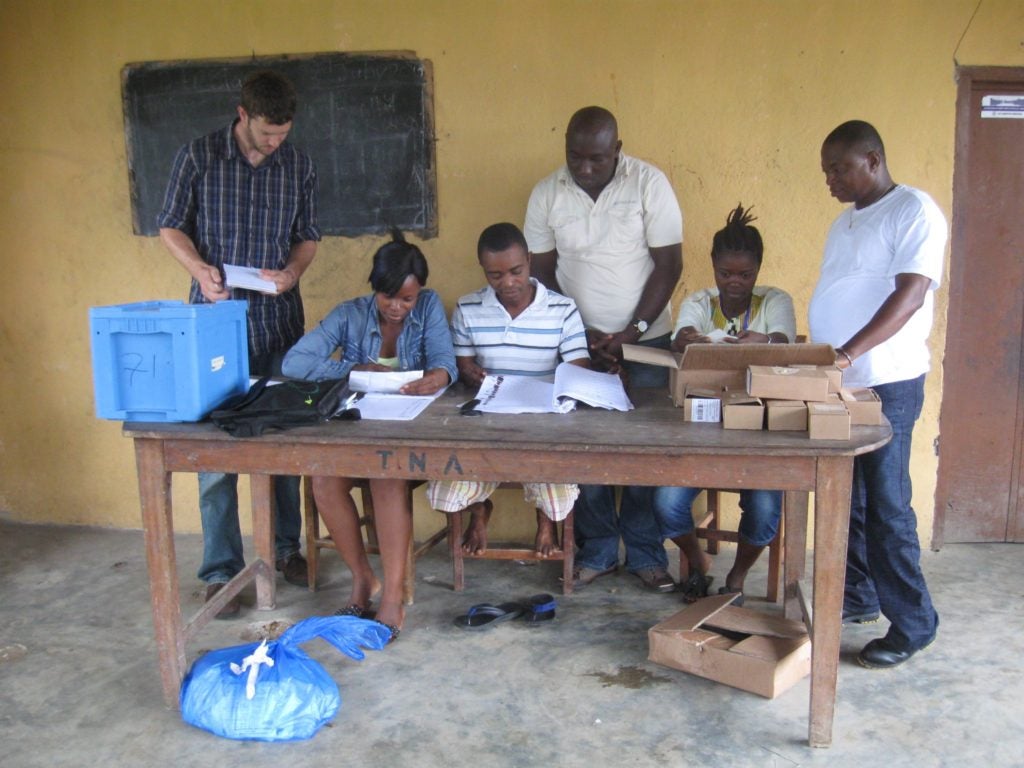Experiential Learning
Experiential learning is a key component of the Conflict Resolution Program. CR students follow a 3-semester experiential series, with 2 Practicum seminars and the Summer Field Fellowship. Each of these is a guided work experience that deepens learning through application.




Practicum I & II
The Conflict Resolution Practicum I & II series is equivalent to an M.A. capstone. The Practicum is a project-based, team-based, experiential course.
These courses are designed for students to gain real-world experience applying the skills and knowledge gained in other areas of their MA program. Additionally, students will develop and practice soft skills that are necessary in the conflict resolution field and on the job market.
The Practicum provides an opportunity for students to become substantially acquainted with a particular dimension in the conflict resolution field, cultivate a range of practical skills and contribute to their career development. During the Practicum, students will form teams, work with an outside partner, plan, create and deliver a real-world project that requires them to apply their knowledge and develop practical skills.
Summer Field Fellowship
Over the summer term, Conflict Resolution students work in an embedded, field-based fellowship placement. The experience offers students opportunities to engage in relevant practice and apply skills learned during their studies. It is designed, as well, to offer students an opportunity to gain field-work experience during their MA program.
Students have worked at organizations in diverse locations including, for example, Brazil, Colombia, Greece, Indonesia, Kenya, Lebanon, Liberia, South Africa, Thailand, Turkey, and the United States. The field fellowship program provides students with a unique opportunity to learn, assist partners on the ground, engage in reflective practice, and improve their skills.
Students are prepared for their placements throughout the spring semester. Upon return to the program, summer fellows present their work to the program and participate in debriefing sessions during a program retreat.
Associated Coursework
While in their summer fellowship placements, students earn credit toward their degree. The Intersections of Social Justice, organized in partnership with the Center for Social Justice, is an asynchronous and online course. Students remain in their learning cohort throughout their placements, via their summer coursework. Intersections students ask ethical questions and apply social justice theories to their summer placement work. Including this type of learning experience allows students to identify in real-time the application of conflict resolution skills and principles. Doing this in partnership with a cohort deepens learning by providing a global comparative experience.
